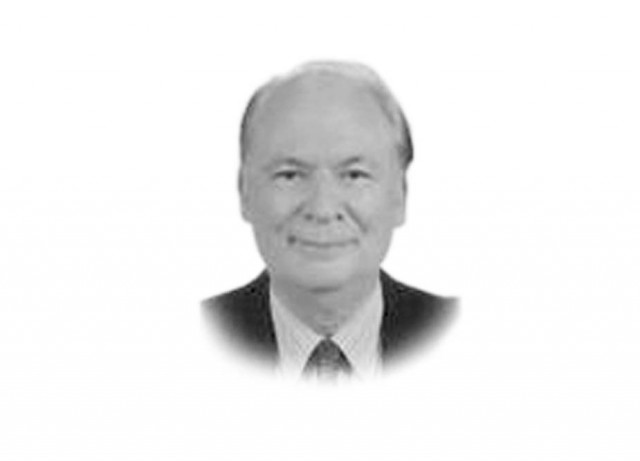Are things really all that bad in Karachi?
Foreign media have on occasion referred to Karachi as the most dangerous city in the world. And the label has stuck.

In a survey published by The Washington Post during May 2013, we learned that Pakistanis are more tolerant than people in almost all the countries of Europe. And this included France, Germany and Holland. Three countries, Norway, Sweden and Britain, however, were given a higher rating. On the World Life Expectancy website, I learned that Pakistan has a rate of five per cent per thousand people per year, which is still lower than that of the United States, where the number hovers over the 6.5 per cent figure. Both countries register a fraction of what it is in all of Africa, Latin America and Russia. This is in spite of the fact that the rate of deaths in Pakistan due to violence has increased considerably due to terrorist and drone attacks. The Pakistan ratio is about the same as that of India.

In spite of what one reads in the local newspapers, where rape cases are at times sensationalised and jaded appetites are titillated, Pakistan, with a population of 180 million inhabitants has, from the cases that are reported, one of the lowest percentages of rape cases. France, on the other hand, with one-third of Pakistan’s population averages more than 10,000 cases of rape a year. Former US president Jimmy Carter in his book A Call to Action: Women, Religion, Power and Politics came up with some startling disclosures. He claimed that in 2012, some 12,000 women in the US military were raped! And yet, human rights organisations in the West chose a gang-rape victim from Pakistan and paraded her around the world to symbolise the plight of women in general.
Foreign media, which include Financial Times, have on occasion, also referred to Karachi as the most dangerous city in the world. And the label has stuck. Violence in the city has certainly increased. But except for street crimes, which involve cell phone and wallet snatching that takes place all over the city, and targeted killings of professionals from the minorities, violent crimes involving organised firepower are invariably confined to areas where extortion gangs backed by rival politicians fight one another for a share of the loot. Being of an inquisitive nature, I went on the net and searched for the 10 most dangerous cities in the world. There were three sets. All three selections were inundated by Mexican, South American and African cities. No Pakistani city appeared in any of the lists. Not satisfied, I looked up the mega-list of 50 of the most dangerous cities. The result was the same. Karachi was never mentioned. Not even once. Distrito central in Honduras and Abidjan in the Ivory Coast vied for first prize. Four US cities, however, were caught in the net — Baltimore, St Louis, Detroit and New Orleans. Perhaps, it’s time to look at things a little differently.
Published in The Express Tribune, July 13th, 2014.
Like Opinion & Editorial on Facebook, follow @ETOpEd on Twitter to receive all updates on all our daily pieces.















COMMENTS
Comments are moderated and generally will be posted if they are on-topic and not abusive.
For more information, please see our Comments FAQ